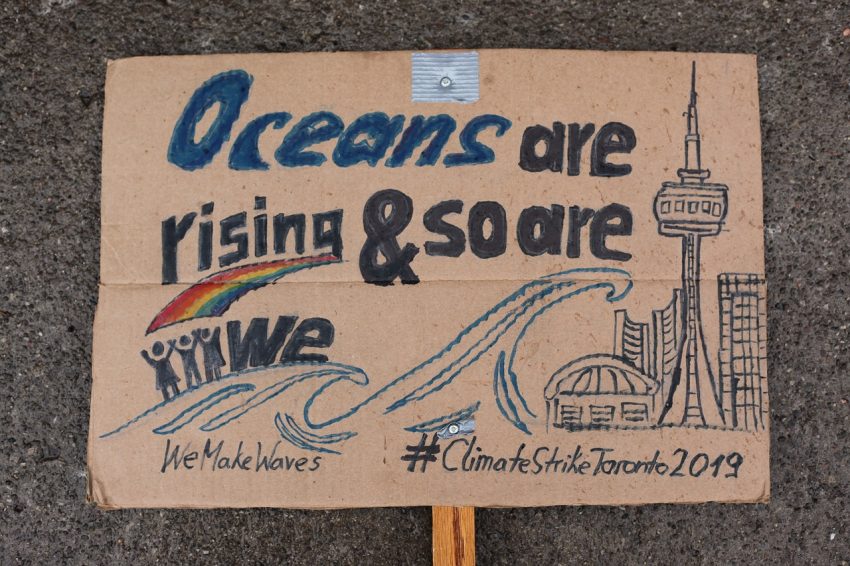Investment is supposed to take on a new, more humane dimension. Sounds good, but watch for “bait and switch.” Paul Mueller of AIER explains what “Environmental, Social, and Governance” criteria mean.
“ESG advocates want to reshape the world in profound ways—from how we travel and heat our homes to what businesses must prioritize and whom global supply chains should benefit. They want to move the world to a ‘low-carbon’ economy built on renewable energy. They also favor dramatic redistribution of wealth and power from the ‘haves’ to the ‘have nots.’ Increasingly, they make business their ally (willingly or unwillingly) in carrying out their plans.”
And:
“ESG has gained a surprisingly strong foothold in business schools, among investors, and in the world of finance broadly. Advocates have accomplished this infiltration in part through a serious bait and switch. ESG advocates initially claim companies should use ESG criteria to mitigate risk and improve profitability, but later seek to use those criteria to control corporate investment and operations.”
And:
“ESG advocacy is better thought of as a movement of special interests than a conspiracy, but a few key international elites drive the movement and, more importantly, define many of the terms and standards.”
So watch out! In his piece, Mueller describes ESG in detail, including its history.
Environmental protest image by Filmbetrachter from Pixabay.


The best ways, and maybe the only lasting ways, to redistribute wealth are:
1. Get rid of kleptocratic governments and/or lower the level of corruption
2. Education instead of indoctrination, how to learn instead of what to learn
3. Decrease the power of inherited class, caste, and wealth, especially as they limit access to education and capital.
4. Increase and defend the individual freedoms that allow experimentation, entrepreneurship, and the spread of ideas
Ah, how to do those things? The paths are many. Good ideas are everywhere. Resistance is strong and it is strongest in the places that need change the most. At the risk of stirring the hornet’s nest, I suggest comparing Israel to Gaza or to Jordan, Iraq, Somalia, Sudan, etc.